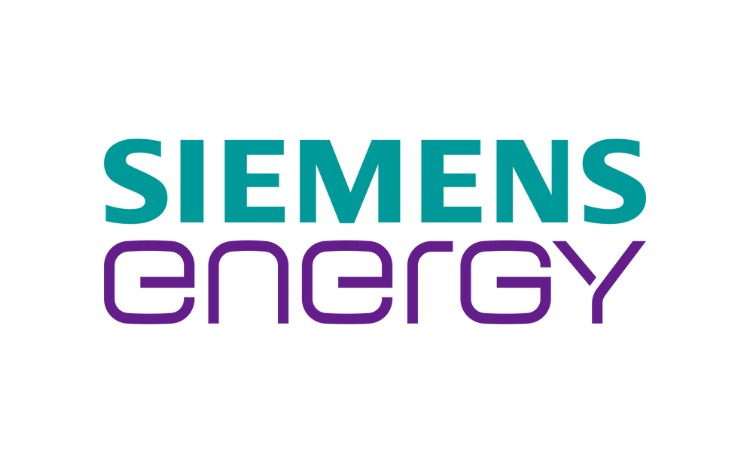Case Study: Siemens Energy
A team of postgraduate students worked with Siemens Energy on a consultancy project as part of our International Management Practitioner module. They explored how to recycle, reuse and decommission wind turbine components more sustainably—bringing fresh thinking to a global challenge.
The challenge
The business challenge was called Recycling the Renewables. Siemens Energy is making a broad effort to embed sustainability across the energy sector. Investigating circular solutions for wind turbine components is part of this. Students had to explore sustainable ways that wind turbine components could be:
- recycled
- reused, or
- decommissioned
Edward Turner is Project Controller at Siemens Energy. He said, “We were really keen to work with Newcastle University again. Newcastle University has a great academic and business relationship team. This made the experience of working together even more enjoyable and an experience we wish to continue.”
The challenge encouraged students to think innovatively about real-world obstacles in recycling and reuse. This is an area where the industry continues to evolve. The company also recognised the value of opening this conversation to new voices. “There can be tunnel vision within structured organisations,” Edward shared. “We appreciate the students’ ability to think differently. They offer fresh approaches to long-term business models.”
The approach
This challenge gave students a unique opportunity to navigate a real-world problem. They had to make sense of a complex, evolving issue. There was no predefined roadmap and limited access to internal data. Instead, the students had to apply creativity, critical thinking, and consultancy techniques.
Alongside their collaborative efforts, the teams conducted independent research. They worked to translate broad sustainability goals into actionable insights. They applied stakeholder analysis and consultancy frameworks to propose well-structured, industry-relevant solutions.
For Siemens Energy
The students’ fresh thinking and structured analysis opened up new perspectives.
“We really enjoyed seeing how students from different backgrounds and sectors came together to deliver on our challenge," said Edward Turner. "The work was polished, well-structured, and thoughtfully executed”
For students
Students had the opportunity to apply their learning and contribute to a meaningful sustainability challenge. Presenting to an industry client was a standout experience. They had the chance to apply their academic knowledge in a real-world context. They also strengthened their confidence, communication, and collaboration skills.
Bareerah is a student consultant from the winning team. She reflected: "There was no clear direction at the start, but as we began to consolidate our ideas, everything started to fall into place. It was rewarding to see how our different academic and professional backgrounds contributed to a cohesive outcome.”
Lana, another student consultant, added, “At first it felt overwhelming, especially learning about turbine components from scratch. But the process taught me how to research deeply, collaborate across cultures, and build confidence in presenting our ideas.”
Susan Addison is the Module Leader at the Business School. “This project was designed to bridge the gap between theory and practice, while offering students the chance to address a highly relevant global issue," she explained. "It enabled our students to contribute to a real business challenge while developing critical consultancy skills.”
We’re keen to continue working with Newcastle University. The structure, the support from the academic team, and the calibre of students made it a genuinely worthwhile experience.
